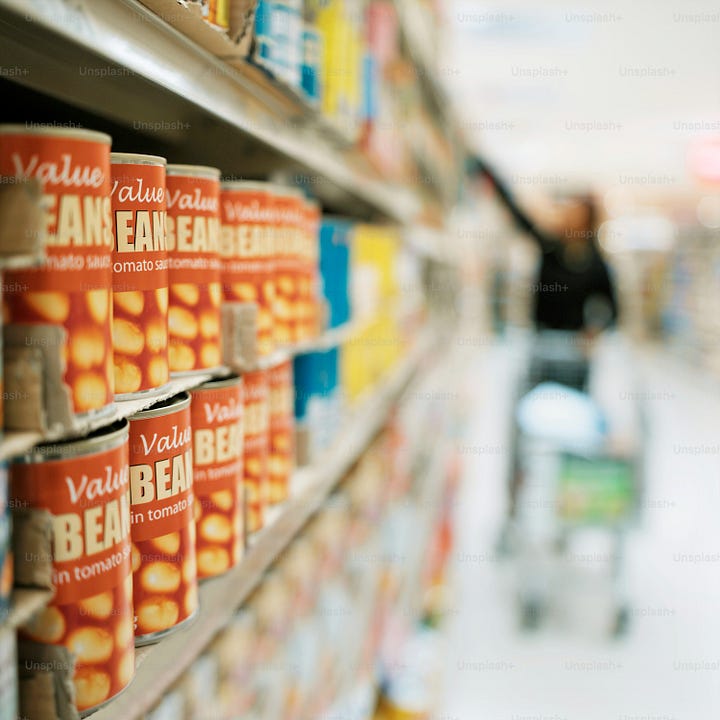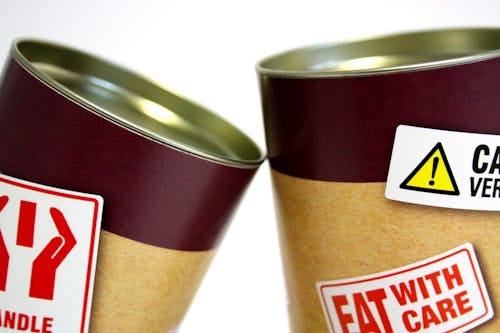Profits Over People: What’s the Government not doing!?
Hey, have you ever bought something at the grocery store just to discover later that it had been recalled? Is it not a little strange?

A food recall occurs when a product is removed from store shelves because it could make people sick—or worse. It can be caused by germs such as Salmonella or Listeria or by allergens such as peanuts or milk that weren’t listed on the label. These recalls can range from simple inconveniences to life-threatening events, depending on the problem. In either case, no one wants their dinner to include a side of risks!
Food recalls occur faster than you might expect, and not all of them make headlines. Last year, the FDA recalled many food products because they contained hazardous bacteria or unwanted things such as metal and plastic. It is a frightening concept, but the good news is that food safety agencies work hard to identify these issues before they do serious damage. The concern is that contaminated food may already be in people’s homes before the recall is issued. That is why it is always a good idea to stay up to date on food recalls—it could spare you from a severe stomachache or worse.

So, how do you protect yourself? For starters, monitor FDA recall warnings or local news. If you hear about a recalled item in your kitchen, do not take any chances; either throw it away or return it to the retailer. It is also a good idea to read labels carefully, especially if you have food allergies. Food recalls may appear challenging, yet they play an important role in keeping us safe. At the end of the day, we all want our meals to be enjoyable rather than risky!
The Hidden Dangers Behind Food Recalls
Did you know that hundreds of food products are recalled every year? Most of us assume that the food we purchase is safe. Food recalls occur more frequently than we may realize, and they can be caused by anything from germs hiding in fresh produce to hidden allergies in packaged snacks. While some, like the Boar’s Head deli meat outbreak, make headlines, they may go unnoticed and endanger people. The most terrifying aspect? People may have consumed contaminated food by the time a recall is announced. This is why it is necessary to recognize recalls to understand their causes.
Contamination from dangerous bacteria like Salmonella, E. coli, and Listeria, which can result in severe sickness or even death, is one of the main causes of food recalls. However, contamination is not the only problem; occasionally, businesses fail to adhere to health regulations, such as high risks in broccoli products, which have caused death. Although many of these recalls go unreported, you would assume that they would always make the news.

How can you protect yourself, then? Simple practices like fully boiling food, washing fruit, and keeping an eye out for recall warnings can have major effects. Never take a chance! Return or throw away any recalled products you come across in your kitchen. Additionally, let others know if you learn about a major recall! A brief warning could save someone from becoming gravely ill because not everyone stays up to date on food safety updates. Although food recalls may seem like a small frustration, being aware of them helps protect you and your loved ones.
Stay Informed, Stay Safe: The Importance of Food Recalls
Stay Alert, Stay Safe: Why Food Recalls Matter. Food recalls are more than just headlines; they are warning signs that can avoid serious disease or even save lives. While we cannot eliminate all risks in the food supply, we can take steps to stay educated and protect ourselves. Make it a practice to monitor recall alerts, store and prepare food securely, and take extra precautions if you or someone you care about has food allergies. Want to learn more about food recalls and why they matter? Check the FDA’s food recall safety page for the most recent alerts and tips. Let us keep informed, share what we know, and make safe choices together!

Leave a comment